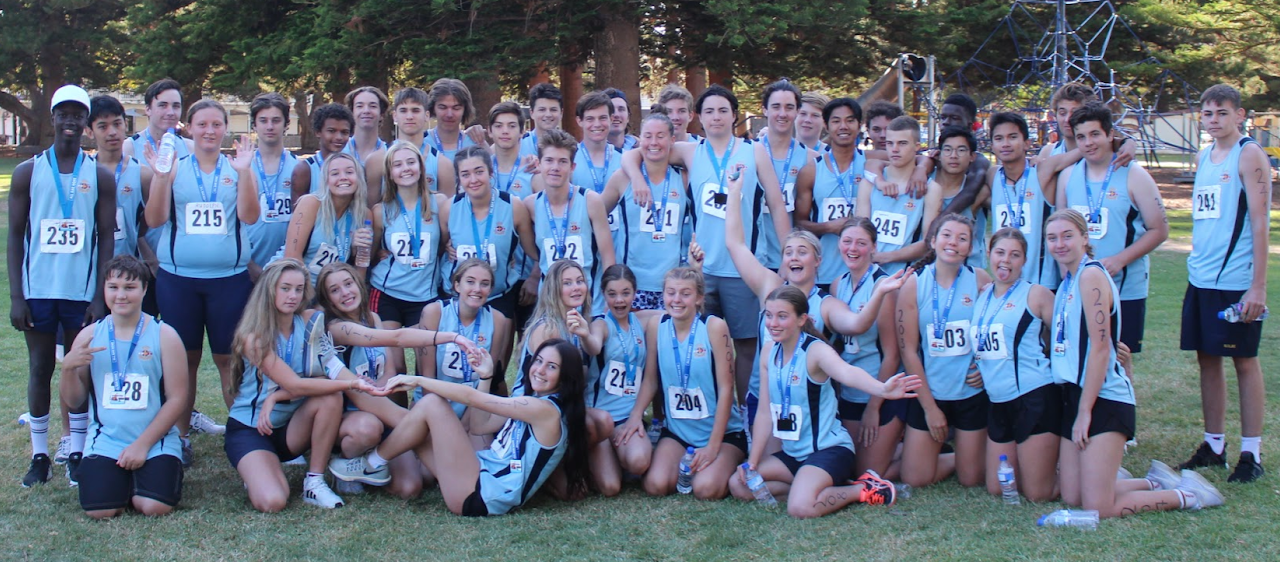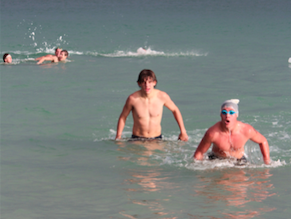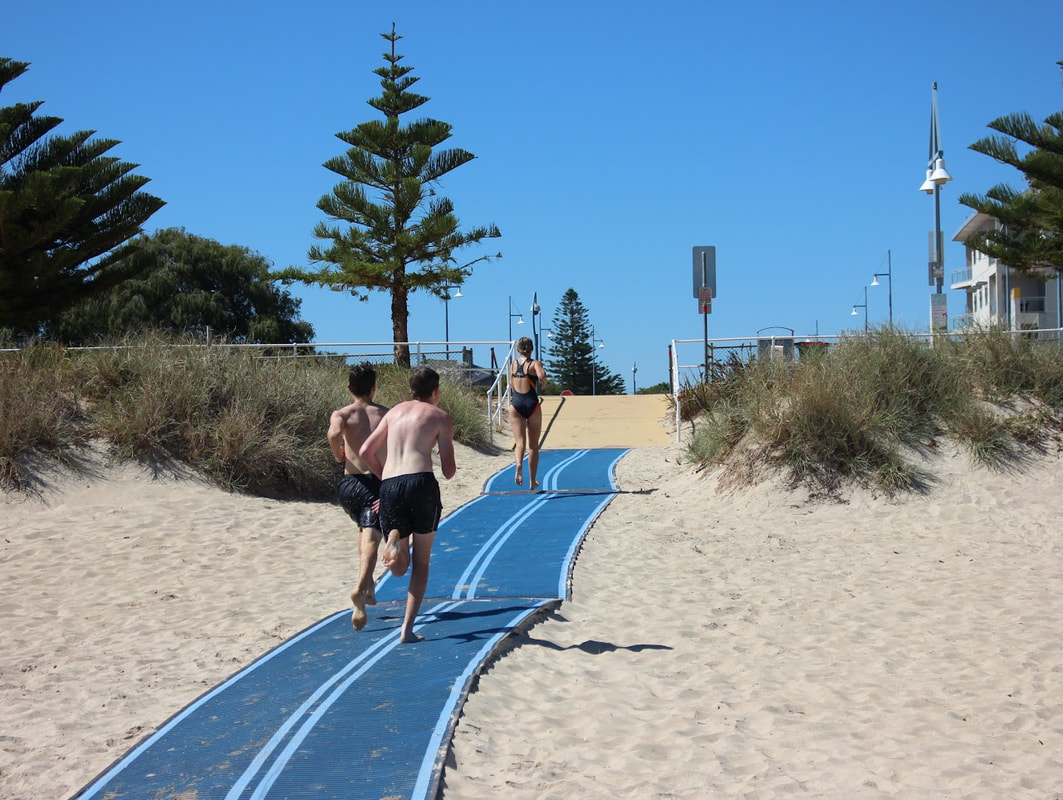What does the course entail?
The Physical Education Studies General courses contribute to the development of the whole person. It promotes the physical, social and emotional growth of students.
Physical Education Studies General course focuses on the complex inter-relationships between motor learning and psychological, biomechanical and physiological factors that influence individual and team performance. Students engage as performers, leaders, coaches, analysts and planners of physical activity.
The course appeals to students, with varying backgrounds, physical activity knowledge and dispositions. Students analyse the performance of themselves and others, apply theoretical principles and plan programs to enhance performance.
It provides students with an increasingly diverse range of employment opportunities in the sport, leisure and recreation industries, education, sport development, youth work and health and medical fields linked to physical activity and sport.
Physical Education Studies General course focuses on the complex inter-relationships between motor learning and psychological, biomechanical and physiological factors that influence individual and team performance. Students engage as performers, leaders, coaches, analysts and planners of physical activity.
The course appeals to students, with varying backgrounds, physical activity knowledge and dispositions. Students analyse the performance of themselves and others, apply theoretical principles and plan programs to enhance performance.
It provides students with an increasingly diverse range of employment opportunities in the sport, leisure and recreation industries, education, sport development, youth work and health and medical fields linked to physical activity and sport.
What units will be covered in this course?
Year 11
|
Year 12
|



